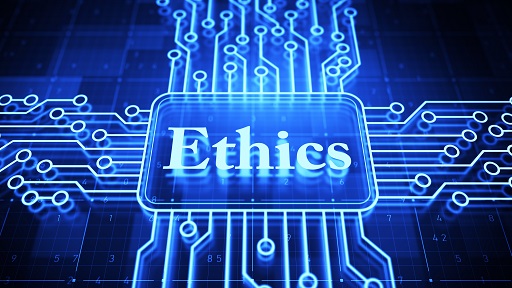1.2 Ethical problems of management
Management and the systems it creates can be flawed in two ways. First, in creating distance, which is how far away someone is from the consequences of their decisions and actions. Second, in creating division, relating to how much of a whole process someone sees. For example, at work there is a division of labour, which means that we all focus only on a part of an organisation’s activities. In contemporary times the division of labour is global, with parts of a product often made in different countries. Distance and division are related – the more people are removed from seeing the direct human consequences of their decisions and the less of the whole situation that they see, the more danger exists for ethical breaches.
You will now think about issues of distance and division in relation to your own experience.
Activity 1 Management in pieces
Technology is used to divide labour and introduce more efficiency in management systems. Here ‘technology’ means a machine or other object, no matter how simple or sophisticated (from a drill to a supercomputer). Can you identify any particular piece or type of technology used in management that impacts on your life – something making it easier while also holding ethical dangers?
Comment
Algorithms are a set of rules established through programming to instruct machines to solve problems or operate in a certain way. Algorithms distance humans from decisions – they take decisions out of human hands, delegating them to machines – and they also enable work to be divided up between humans and computers.
Algorithms are programmed by using past data to make predictions and decisions about the future. In policing, this can mean using past data on certain types of crime to inform decisions about allocating patrols to certain neighbourhoods, making proactive interventions with people more likely to reoffend or using facial recognition software to identify people of interest. Such technology is more common in the US but has also been trialled in parts of the UK (Christie, 2021). On the surface, algorithmic policing could seem like a sensible way of making policing decisions more efficient and effective. However, past data may be skewed by racist assumptions, legislation and decisions. How often people are targeted and searched for drugs or weapons in a particular neighbourhood may depend on racist assumptions. Algorithms, if not thought about critically and applied with care, can therefore lock in certain racist management processes.
As you have just seen, technology can heighten the effectiveness of management, but also its ethical problems. You will now move on to consider the role of technology in contemporary management in more depth. As you proceed, you should reflect on where the possibilities for leadership might lie in a world that is increasingly shaped – even controlled – by digital technology.

